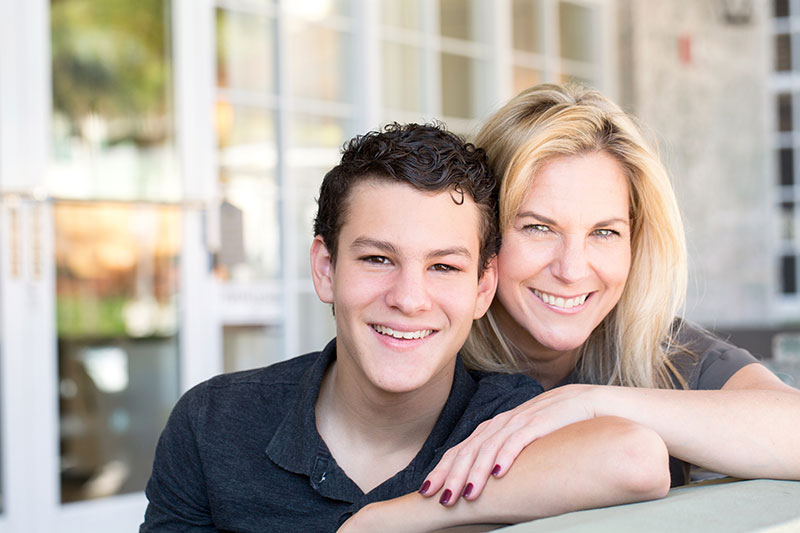Every parent wants the very best for their child — whether they are one or 51. Most parents must loosen the reins a bit and allow their kids to take on more responsibility when they come of age; however, for parents of children with special needs, there are several things you can do that will allow you to legally manage the medical and financial needs of your child even after he or she turns 18.
You may know your child still needs your assistance, but according to the law, once a person turns 18 they have the legal right to make decisions on their own behalf. When you know it will be difficult for your child to make certain choices, you may want to consider becoming his or her legal guardian.
Legal guardianship of a person with special needs gives you, the parent or other chosen loved one, the ability to make important financial and medical decisions on your child’s behalf. (You’ve already been doing this for 17 years, but now the law says you must obtain guardianship rights to continue to care for your child in these ways.)
Legally, a guardian is a “substitute decision maker,” appointed by the court when a person is deemed incapable of making responsible decisions regarding medical and financial issues. Simply put, “guardianship” is the legal relationship between a person who does not have complete ability to care for their own affairs and another person who is deemed “competent” by the court — the guardian.
Guardians have the legal right to make important decisions for the other person, also called a “ward.” The court will determine the exact specifications of the guardian relationship as it pertains to legal, financial and health decisions.
We understand that your child — regardless of age — may forever need your guidance as they grow up. You owe it to him or her and to your family to learn more about guardianship and other ways you can legally protect your child — now and in the future.
Contact Alex M. Hilsen, esq. L.L.M., estate planning attorney at Sussan, Greenwald & Wesler, for advice about obtaining guardianship, setting up a special needs trust and other services and protections your family may be entitled to receive.


